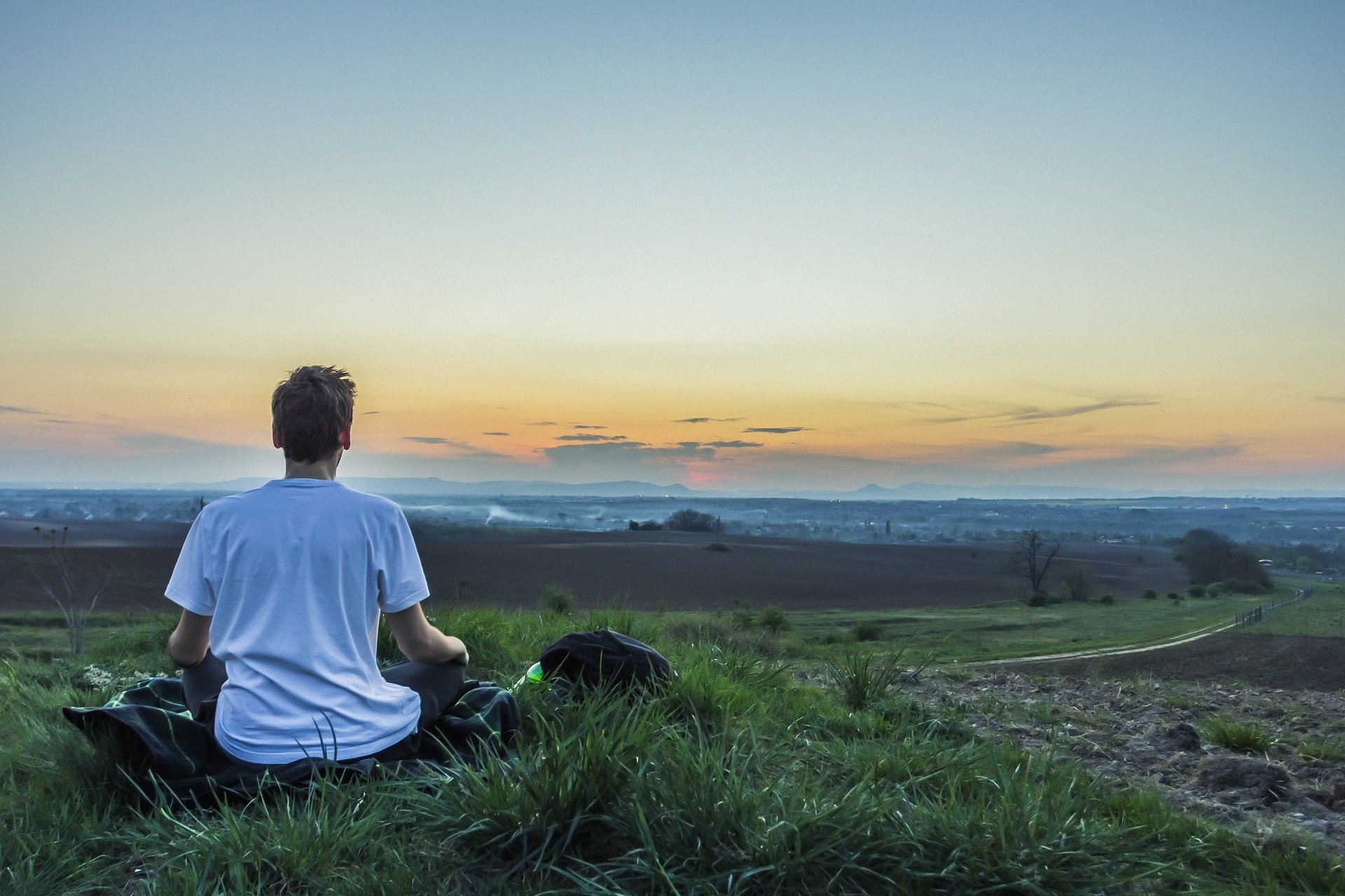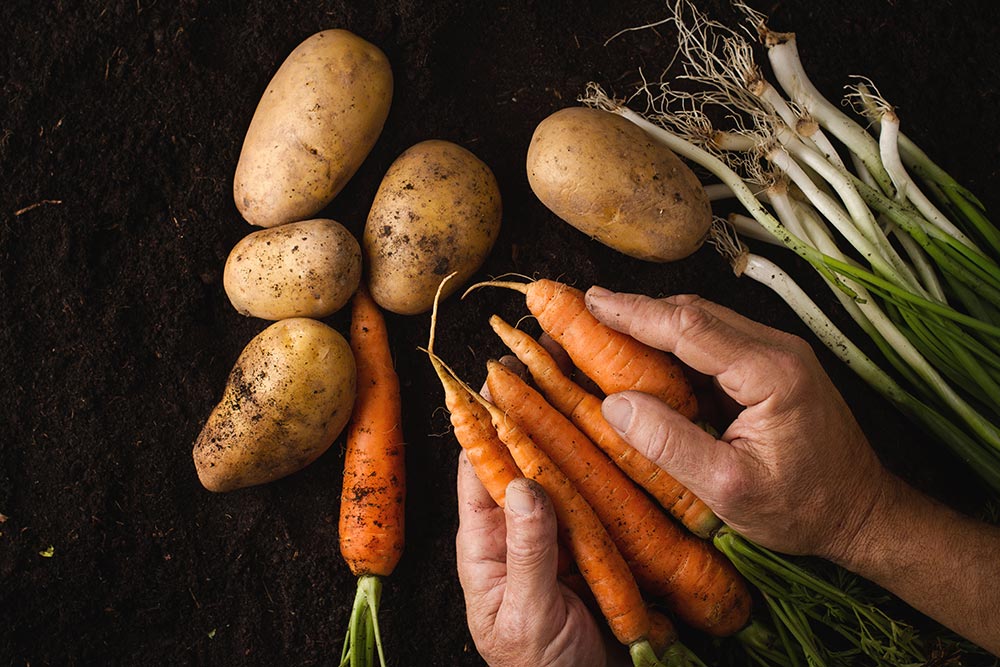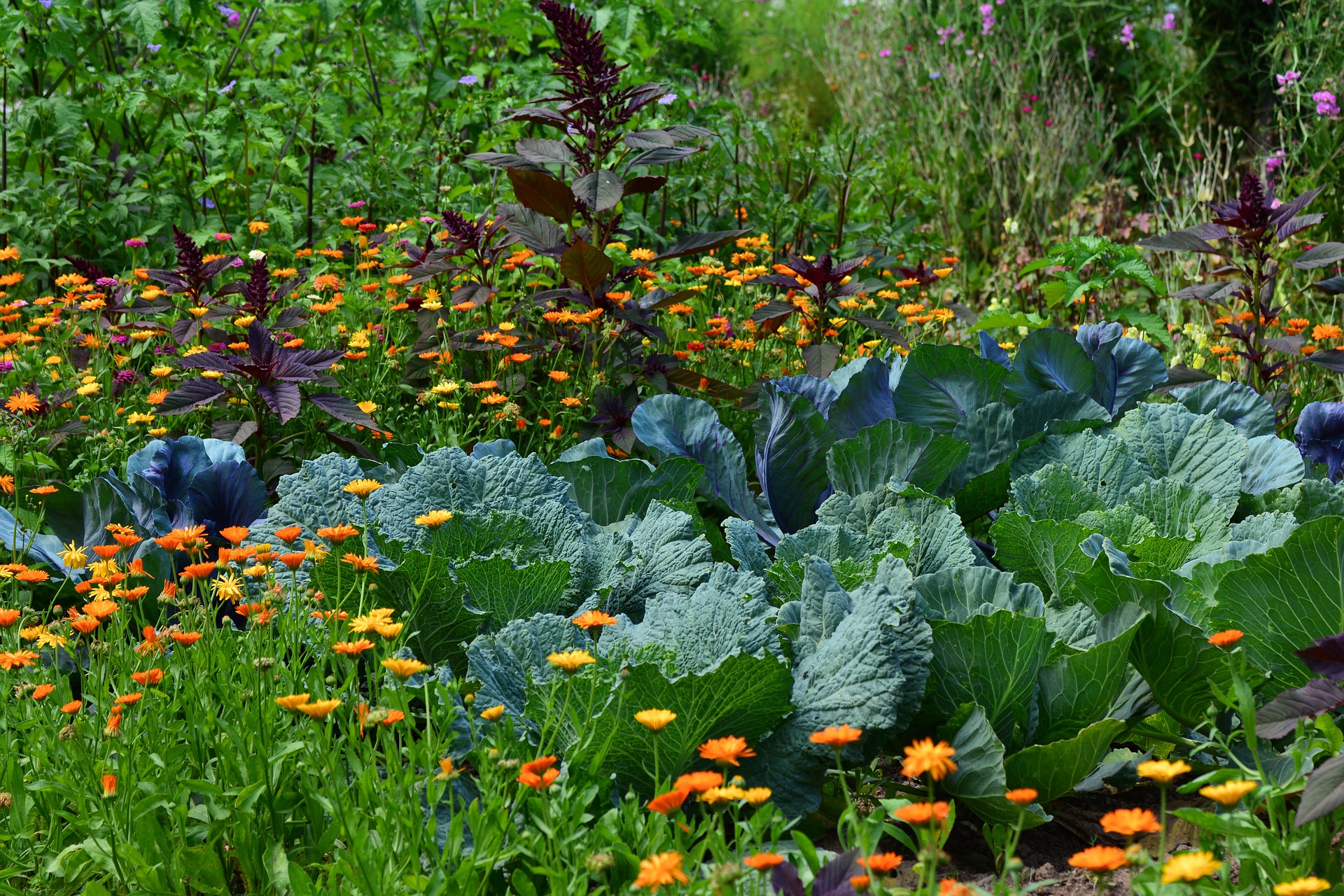Explore Ayurveda with Anne McIntyre
Join Anne this September for the first year of her new course, Explore Ayurveda with Anne McIntyre. This course combines ten unique in-depth online lessons, with pages of knowledge, beautiful images and audio meditations, plus monthly Zoom calls with Anne and your fellow students. Over 10 months you will be guided through the foundations of Ayurveda with emphasis on the incredible world of healing plants, the transformational practice of meditation and living a conscious and balanced life.
The course is online only, with ten blocks of lessons which are released month by month. Each month students will study the current lesson in their own time before a 3 hour Zoom call with Anne to consolidate your learning.
‘I have created this course for people interested in exploring the healing wisdom of Ayurveda in greater depth and learning its practical tools – precious gifts for guiding us to living a healthy and balanced life. I want to share the inspiration, philosophy, concepts, principles and practical applications of this extraordinary path to health.’ Anne McIntyre
With 21 lessons, beautiful images and audio meditations, the course guides you through the foundations of Ayurveda with a unique emphasis on the incredible world of healing plants, the transformational practice of meditation and living a conscious and balanced life.
The course is suitable for many different groups of people;
- It offers in-depth study for lay people who want to learn Ayurveda to pursue a healthy lifestyle for themselves and their families
- It offers a sound foundation for yoga practitioners and teachers to support their yoga practice
- It offers an opportunity for health professionals including herbalists and nutritionists to integrate its principles of health and longevity into their practice
More About The Course
Objectives
- Learn to live a healthy and balanced life for yourself and your family
- Discover your unique constitution, and those of your friends and family
- Learn more about Ayurvedic foods and herbs and how they relate to your constitution
- Discover tools to enhance your emotional wellbeing and develop your spiritual practice
- Integrate Ayurveda into your yoga practice and teaching
- Integrate Ayurvedic principles into your current healthcare practice
- Explore whether Ayurveda has potential as a future career for you!
Structure
- The course is clear and easy to follow, laid out in 21 lessons, followed by simple exercises, activities and reflections.
- Learn with the support of an online community
- Monthly Zoom calls with Anne McIntyre support your learning
- Become part of a supportive student cohort moving through the course together
- This design nurtures many learning styles and encourages students to integrate the teachings into their daily lives
- Lessons are downloadable as your reference guide for life
- Learn in an online format from anywhere in the world on your laptop or device, at your own pace
Study Requirements
- The course is ten months long, with approximately 150 hours of independent study and 30 hours of Zoom calls, 180 hours of study in total
On Completion
Once you have read all the material, and completed the experiential exercises and quizzes at the end of each lesson, you will have finished the course. You will be awarded a certificate of completion which is equivalent of 180 CPD hours.
NB This course will not qualify you to offer professional services.
This is such an amazing and inspiring Ayurveda course, so very beautifully presented. I have been enlightened and am now encouraged to discover more about this fascinating and wonderful way of life. Thank you!
Lindsay, Living Wisdom student 2020
Lesson Overview
Introduction to Living Wisdom: The Foundations of Ayurveda

Welcome to Living Wisdom: The Foundations of Ayurveda! At the beginning of the course you will be introduced to the core Ayurvedic concepts and principles, and as you move on through the 21 lessons you will build on these concepts until you can see clearly how they are all connected. We hope you enjoy this course!
Lesson 1. Part 1: The History and Philosophy of Ayurveda.

Ayurveda is believed to be the oldest surviving complete system of knowledge in the world. This first lesson will introduce an overiew of the history of Ayurveda as well as the core philosophies and practices of Ayurveda.
Lesson 1. Part 2: Ayurvedic Philosophy and Cosmology.

Looking deeper into Ayurvedic philosophy and cosmology with Vedic and Sankhya philosophy and the 24 cosmic principles.
Lesson 1. Part 3: Summary and Quiz

In this lesson there is a summary of Lesson 1, followed by a multiple choice quiz to consolidate your learning, before moving on to Lesson 2; The Role of Meditation.
Lesson 2: Part 1: The Role of Meditation

As we begin this transformative study of Ayurveda, we have the opportunity to integrate meditation practice into our daily life. Meditation can be enormously helpful… it can gradually give us the awareness, focus and calm needed to study and absorb all the new material, and also help us open and balance our minds so that we can realise the full potential of the amazing path of Ayurveda.
Lesson 2: Part 2: Summary and Quiz

In this lesson there is a summary of Lesson 2, followed by a multiple choice quiz to consolidate your learning, before moving on to Lesson 3; The Five Elements.
Lesson 3: Part 1. The Five Elements

The five elements of ether, air, fire, water and earth (pancha mahabhuta) represent the different qualities or densities of energy. These elements are not seen or measured by Western science, and they are not to be interpreted literally but rather as metaphors which help us to understand the universe.
Lesson 3: Part 2. The 20 Qualities

In this section we take a closer look at the 20 qualities, in their ten pairs of opposites. This is followed by experiential exercises and the lesson quiz.
Lesson 4: The Three Doshas

There are three primary bio-energetic organising principles derived from the five elements, known as doshas. Sometimes they are referred to as humours. They are known as vata, pitta and kapha, and they are present in everybody and everything and determine our constitution.
Lesson 5: Prakruti & Vikruti

According to Ayurveda, the key to health lies in the knowledge and understanding of our basic constitution, (prakruti) and how to keep it in balance through diet and lifestyle. With the knowledge and understanding of how and why we become ill, we can live a way of life that enhances our chances of health and fulfilment.
Lesson 6: Agni – The Vital Role of the Digestive Fire

Essential to our study of Ayurveda is an understanding of the vital role of agni. We will introduce the fundamental concept of agni here and expand upon it throughout the course.
Lesson 7: The Subdoshas

As you begin to go more deeply into the study of the doshas, you will learn that each dosha has five subdoshas. These subdoshas reside in a different place in the body, and are responsible for different vital functions.
Lesson 8: The Seven Tissues and the Srotas

Ayurveda classifies the body’s physical structure into seven tissue layers or dhatus. Dhatu means ‘that which holds or supports’. The dhatus are generally listed from the least to the most complex in structure, and each one is made out of the one that precedes it.
Lesson 9: Ayurveda, the Heart and the Mind

The aim of Ayurveda, as we have studied, is not limited solely to attaining a healthy and vital body; it is a deeply spiritual path to help us experience the awareness of who we truly are.
Lesson 10: Part 1. Taste and the Healing Power of Food

In this lesson we are going to look at the role of foods and their tastes in preventative heath as well as therapeutic care. As we know, our diet plays a vital role in a healthy lifestyle, and what we eat, digest, as well as absorb is important to maintaining health, preventing disease and treating imbalances and health problems when they arise.
Lesson 10: Part 2. Ayurveda’s Recommendations for Healthy Eating

Our diet plays a vital role in a healthy lifestyle, and what we eat, digest, as well as absorb is a vital part of maintaining health, preventing disease, and treating imbalances and health problems when they arise.
Lesson 11: Part 1. Understanding Herbs

Herbs from all over the globe can impart their wisdom or intelligence to us, and help balance pranic disturbances that create imbalances and health problems in mind and body; in this way they reconnect or align us with Consciousness, and this is the ultimate aim of Ayurveda.
Lesson 11: Part 2. The Ayurvedic Approach to Classification of Herbs

In the following lesson, there are 40 short monographs of some of the most well known and important Ayurvedic herbs, and these are classified according to basic traditional Ayurvedic specifications.
Lesson 11: Part 3. Preparing and Administering Herbs

In this lesson we are going to discuss the ways in which you can prepare and take herbs. There are many different ways that herbs can be given; what is important is that they are absorbed into the body so that they can exert their amazing benefits. Living as we do in the West, we can combine the use of Western and Ayurvedic herbs, and we can also combine traditional and modern ways of using herbs and formulations.
Lesson 11: Part 4: Traditional Ayurvedic Formulae

This section is a guide to for you to become familiar with some of the more common traditional Ayurvedic formulae. Their constituents can vary slightly amongst manufacturers. Some of the formulae may contain references to herbs that are not in the Materia Medica chapter of this course, and the complete list of precautions for each herb in a formula is not repeated here.
Lesson 12: A Directory of Ayurvedic Herbs

Get to know the tools of your trade with monographs of 40 amazing Ayurvedic herbs. Each herb is described according to its Ayurvedic classifications, as well as its constituents, actions and indications.
Lesson 13: Health and Harmony Through the Seasons

As we deepen our understanding of Ayurveda, we can begin to see that health is not merely freedom from disease, but more a state of ease and harmony in mind, body and spirit that gives us the ability to fulfil our dreams and responsibilities, our roles and potential in life known as our dharma, and ultimately to experience the happiness and bliss of liberation (moksha).
Lesson 14: Living the Sattvic Way

Living the sattvic way is about consciously learning to enjoy this beautiful, dynamic and fleeting life, and come closer to our true nature as spiritual beings.
Lesson 15: Digestion, Detoxification and the Treatment of Agni

Ayurveda’s teachings on agni can help us to monitor our own digestive fire so that we can regulate and balance it if necessary, and enhance it during periods of detoxification.
Lesson 16: The Causes and Six Stages of Disease and The Importance of Detoxification

Unique to Ayurveda is the understanding that all diseases pass through the same six stages of disease. At each of the first five levels, the disease process can be halted in its tracks if the right changes in diet and lifestyle are made and herbs are taken to balance the doshas.
Lesson 17: Detoxification for Health and Healing

Just as we regularly take showers, wash our hair, brush our teeth and tend to the outside of our bodies, the internal systems of our body, most importantly our digestive system, benefit from regular cleansing and care.
Lesson 18: The Art of Ayurvedic Assessment

For those who are seeking a healthy lifestyle and to deepen their knowledge of holistic methods of self-care, Ayurveda’s art of assessment is a valuable guide.
Lesson 19: Part 1: Balancing the Doshas

The unique balance of our doshas give us an invaluable map of our tendencies, vulnerabilities and strengths, helping us to chart our path to health and happiness.
Lesson 19: Part 2: Treatment of Vata

The unique balance of our doshas give us an invaluable map of our tendencies, vulnerabilities and strengths, helping us to chart our path to health and happiness.

As is the human body, so is the cosmic body.
As is the human mind, so is the cosmic mind.
As is the microcosm, so is the macrocosm.
As is the atom, so is the universe
The Upanishads

What next...?
- Practical learning with Ayurvedic Apprenticeship opportunities with Anne in the Cotswolds
Any Questions?
We hope that the information you’ve found here has answered all your questions and you are ready to enrol now.
Still need more information? Email us at courses@annemcintyre.com and we will sort it out!


